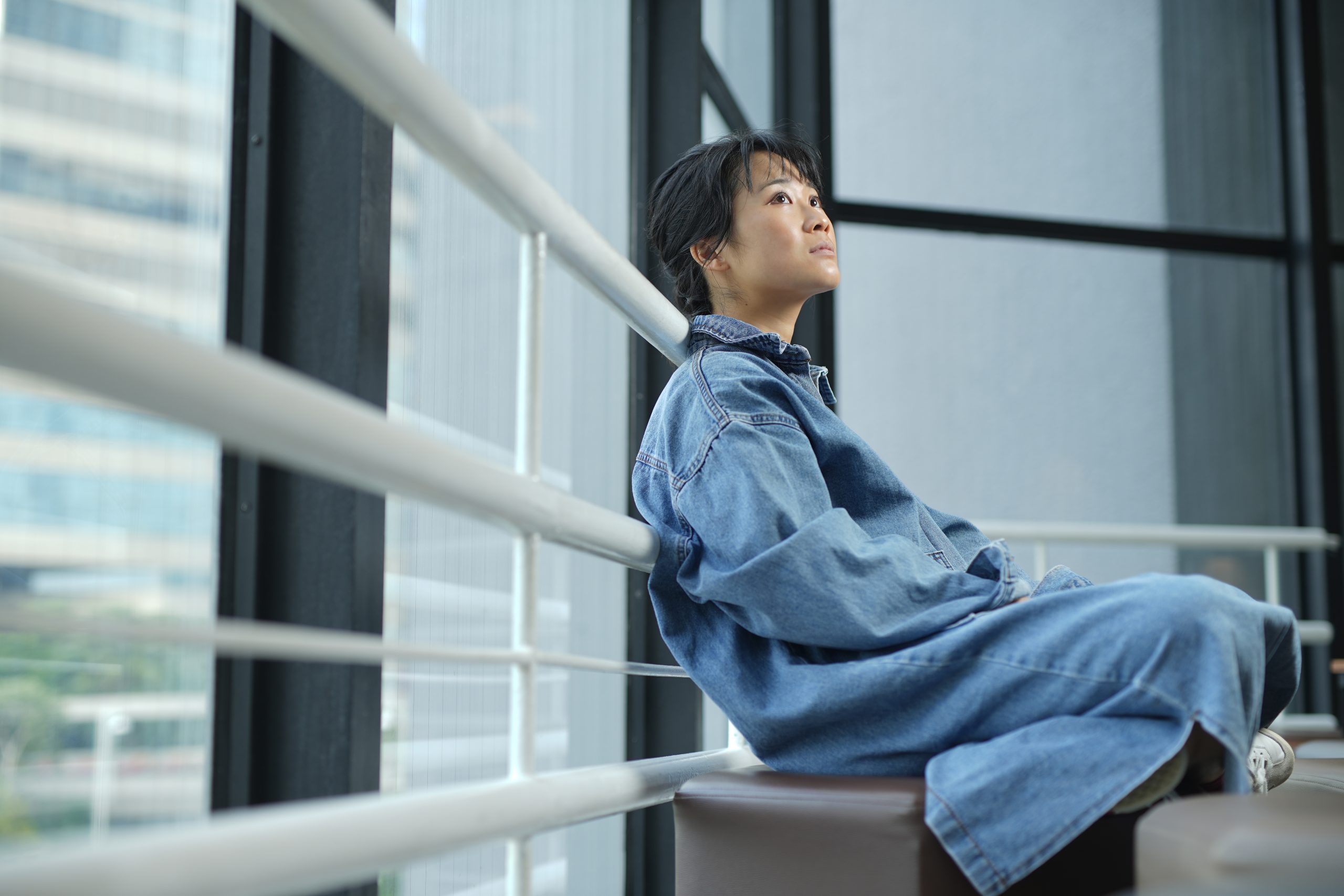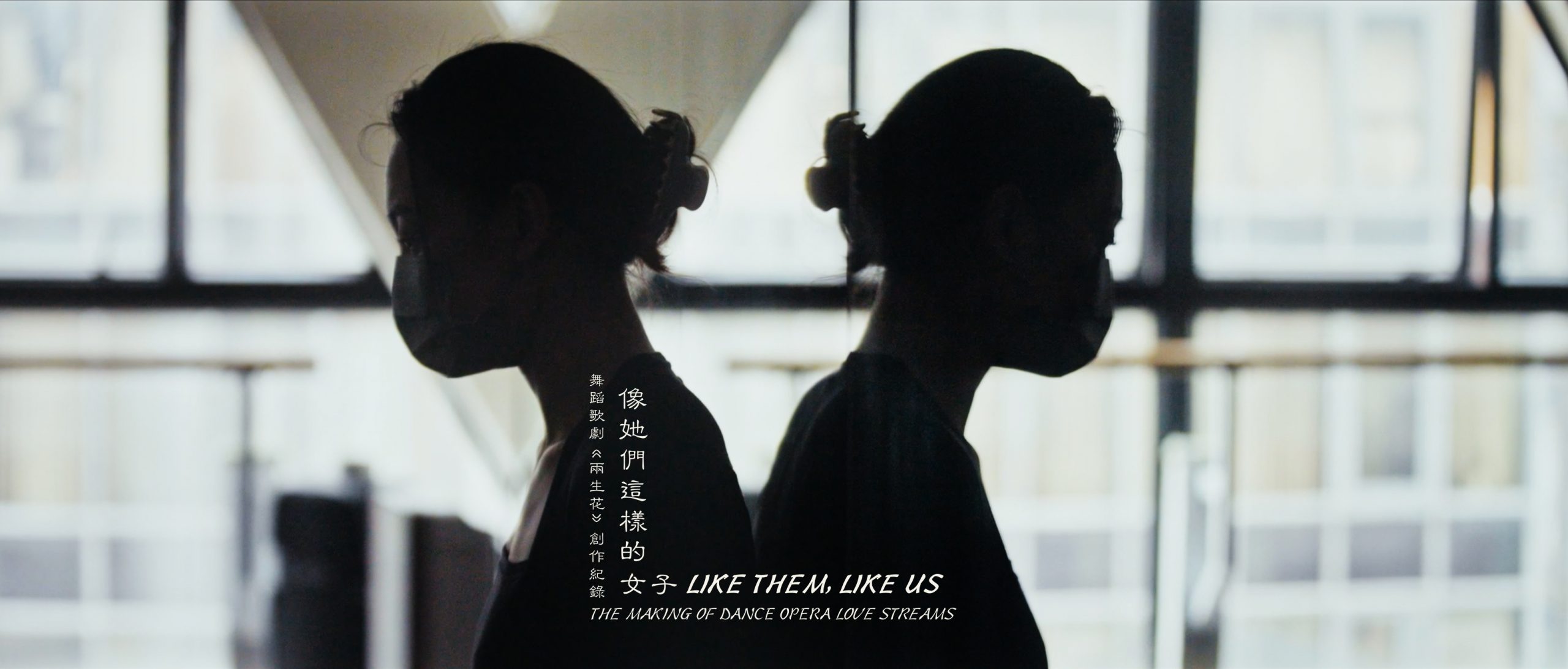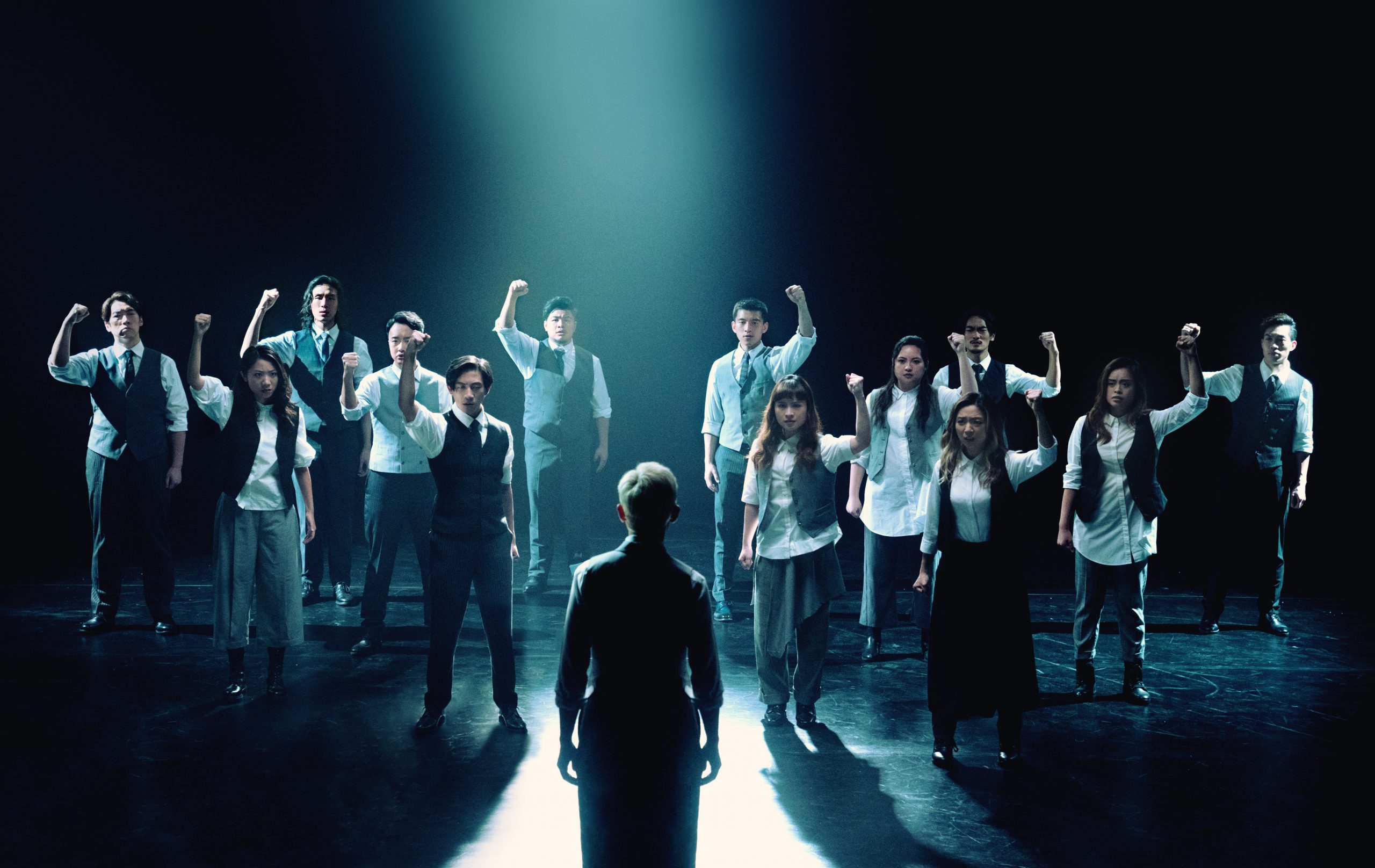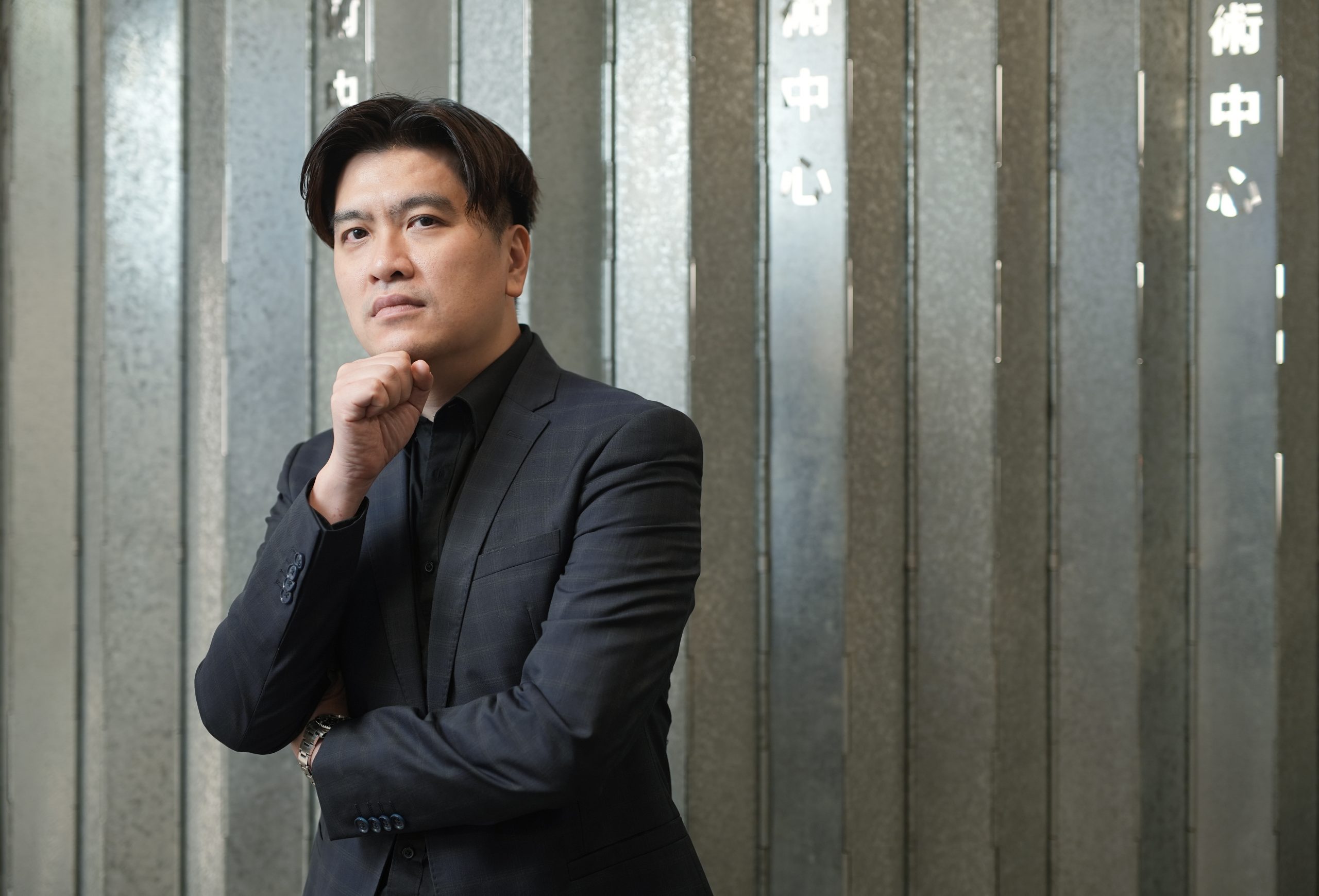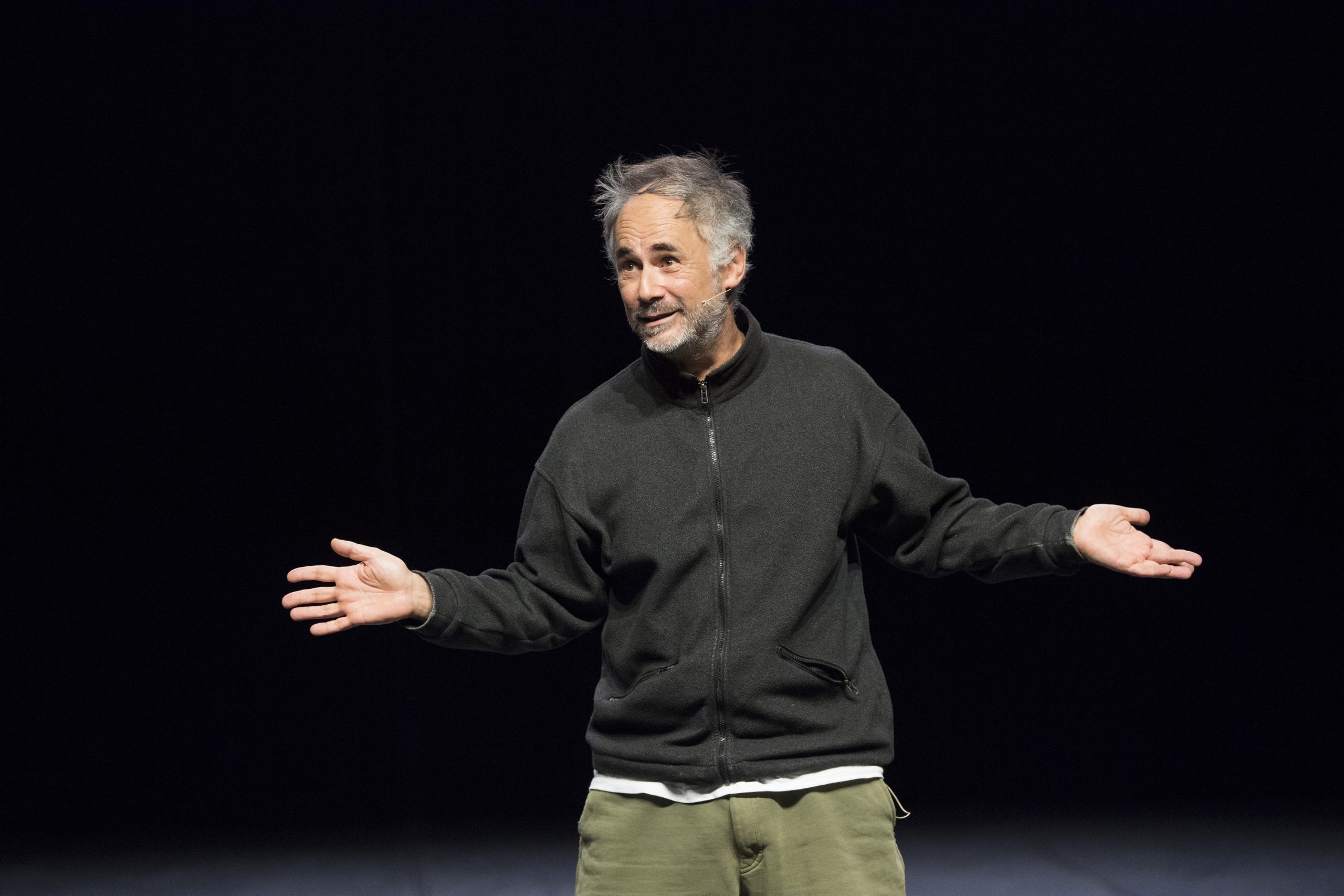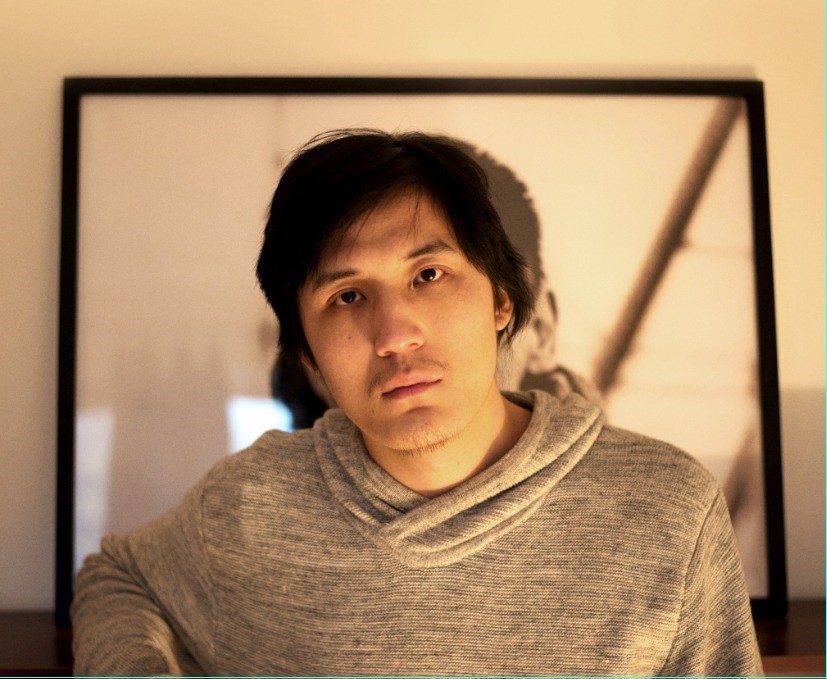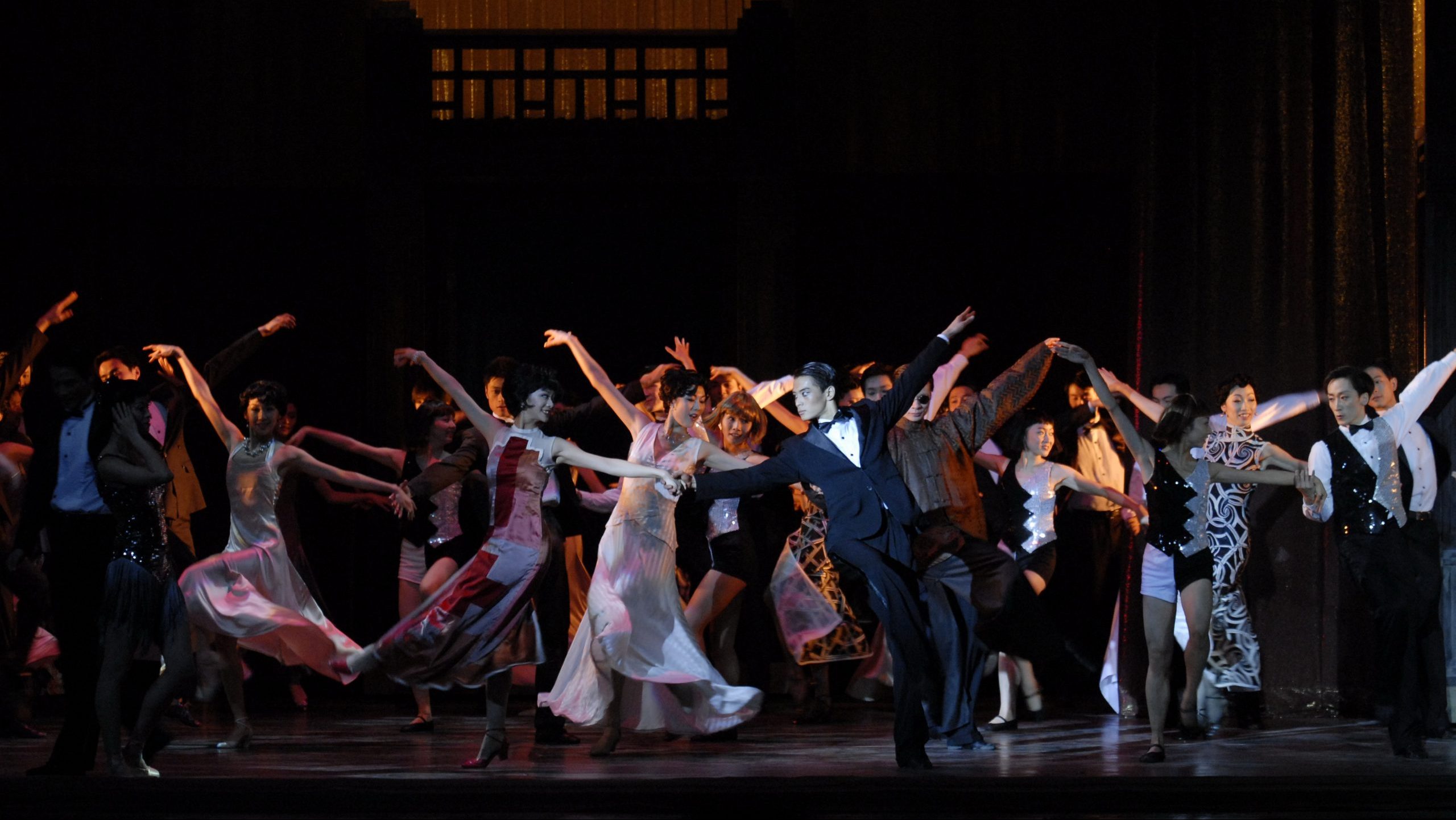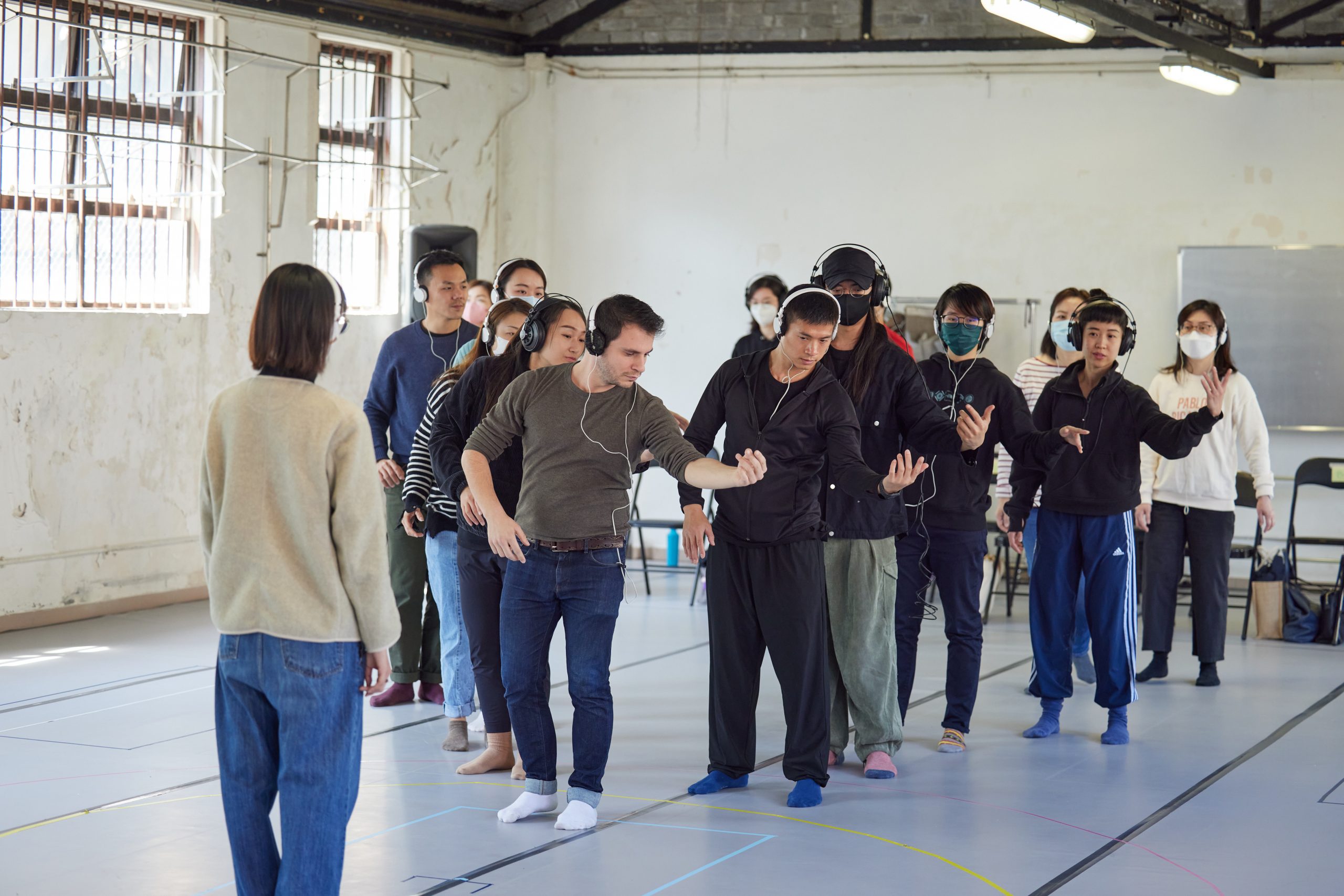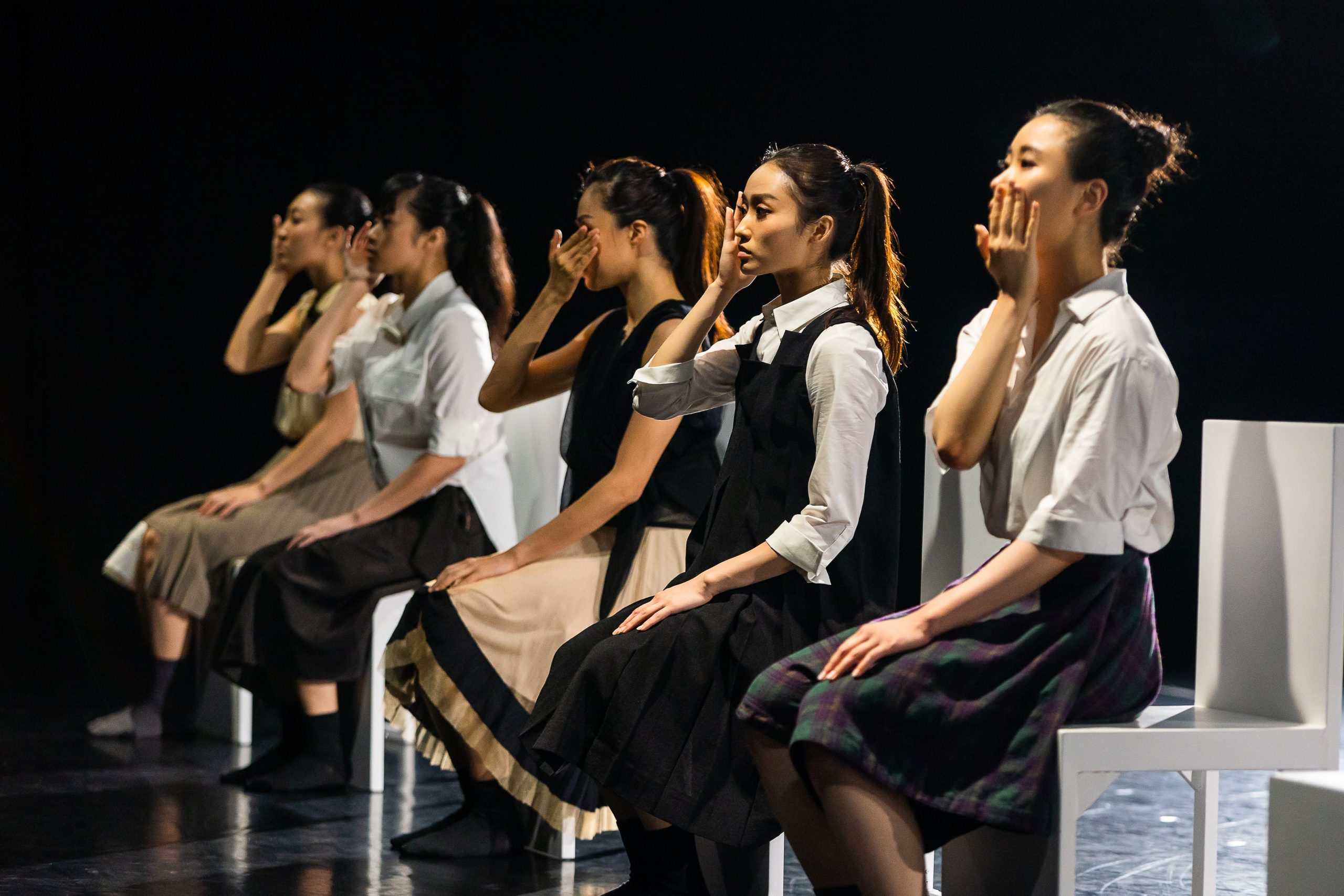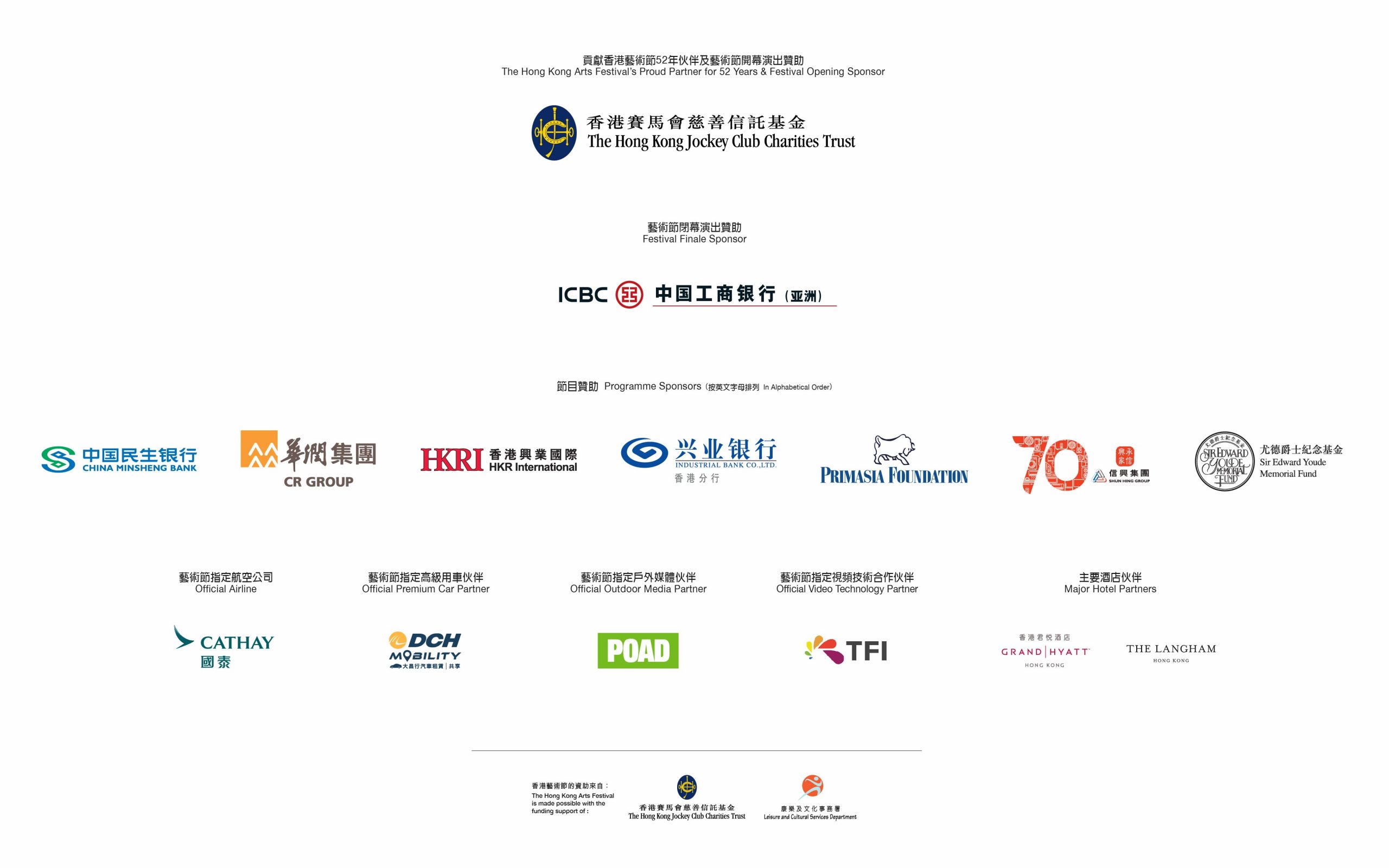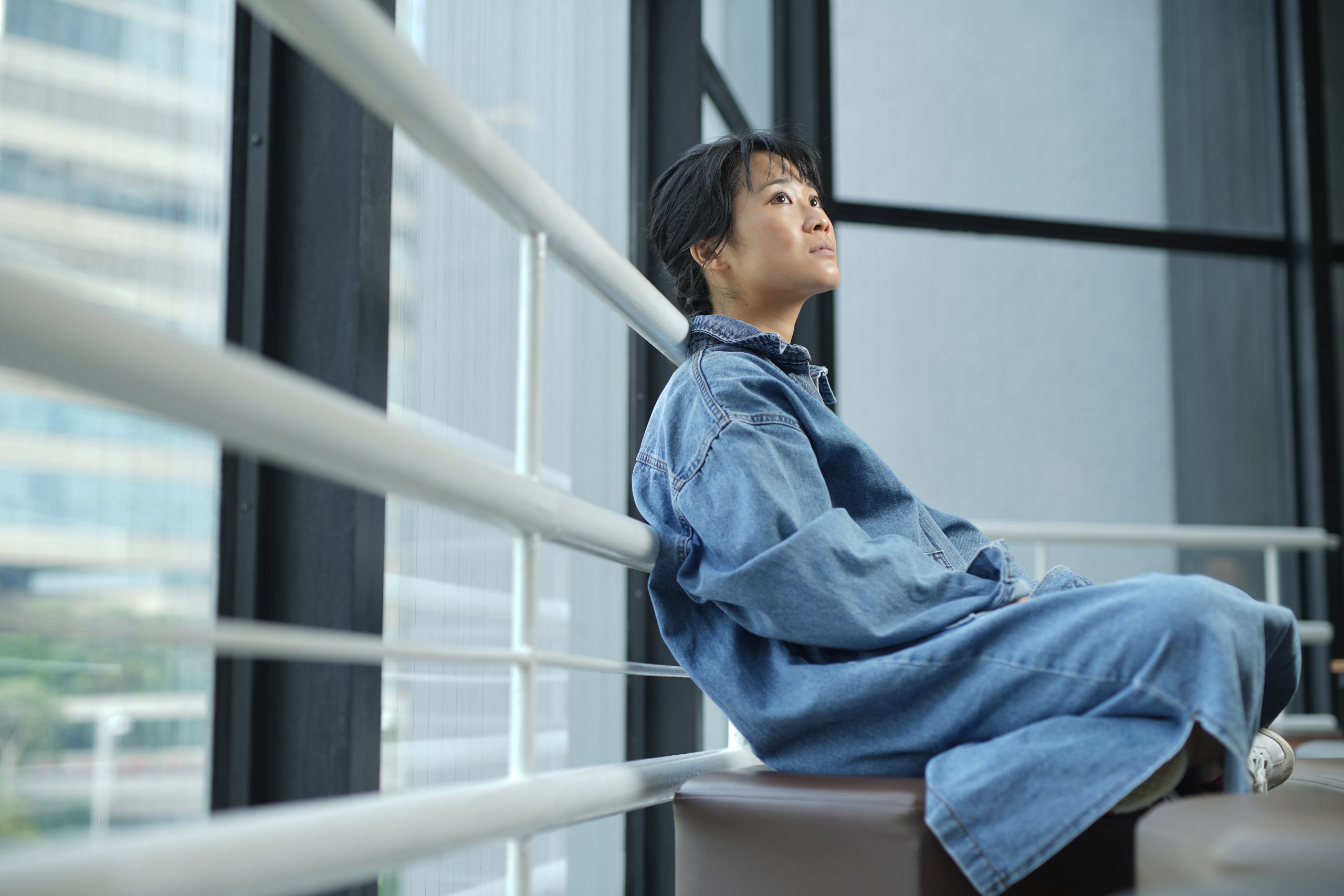
At first glance, Love Streams might seem like a hotchpotch of different things—dance and opera, Xiao Hong and Xi Xi, life and death, the masculine and the feminine. But in Like them, Like us, the documentary about Love Streams directed by Stephanie Chung, these dichotomies are woven into a beautiful, coherent tapestry made up of audio-visual dynamics.
The women who leapt through time
Love Streams is an eclectic piece that combines Heart of Coral and Women Like Us—two chamber operas staged in 2013 and 2021 respectively. While the production is based on works involving two women writers (the former an operatic biography of mainland author Xiao Hong and the latter an adaptation of two short stories by Hong Kong writer Xi Xi), it is brought to life by choreographer Yang Yuntao, who turns the musical numbers into a music and visual feast of bodily movements.
On the surface, Xiao Hong and Xi Xi have little in common—Xiao rose to fame in 1930s China whilst Xi Xi is an active novelist writing from contemporary Hong Kong—except for their detached, almost unsympathetic portrayal of profoundly real female characters. Take a closer look, however, and you'll see how the two were drawn, in different stages of their lives, to the port city of Hong Kong: Xi Xi moved here from Shanghai in her early teens, while Xiao Hong spent the last two years of her life in the city, where she completed her magnum opus, Tales of Hulan River. Yang's remake of the two musical texts—documented in detail by Chung—thus becomes part of Hong Kong's rich diasporic and literary history. But you'd be wrong if you thought that the documentary was simply a byproduct of Yang's dance opera, as Chung was determined to put her own contemplative spin on the production.
Chung's first impression of Love Streams? A dizzying multiverse composed of multiple languages—music and dance, Cantonese and Mandarin—and conversations between women of different backgrounds and generations, including Xiao Hong and Xi Xi as well as librettists Wong Yi and Yan Yu, creating a dialogue that Chung readily takes part in using her own voice.
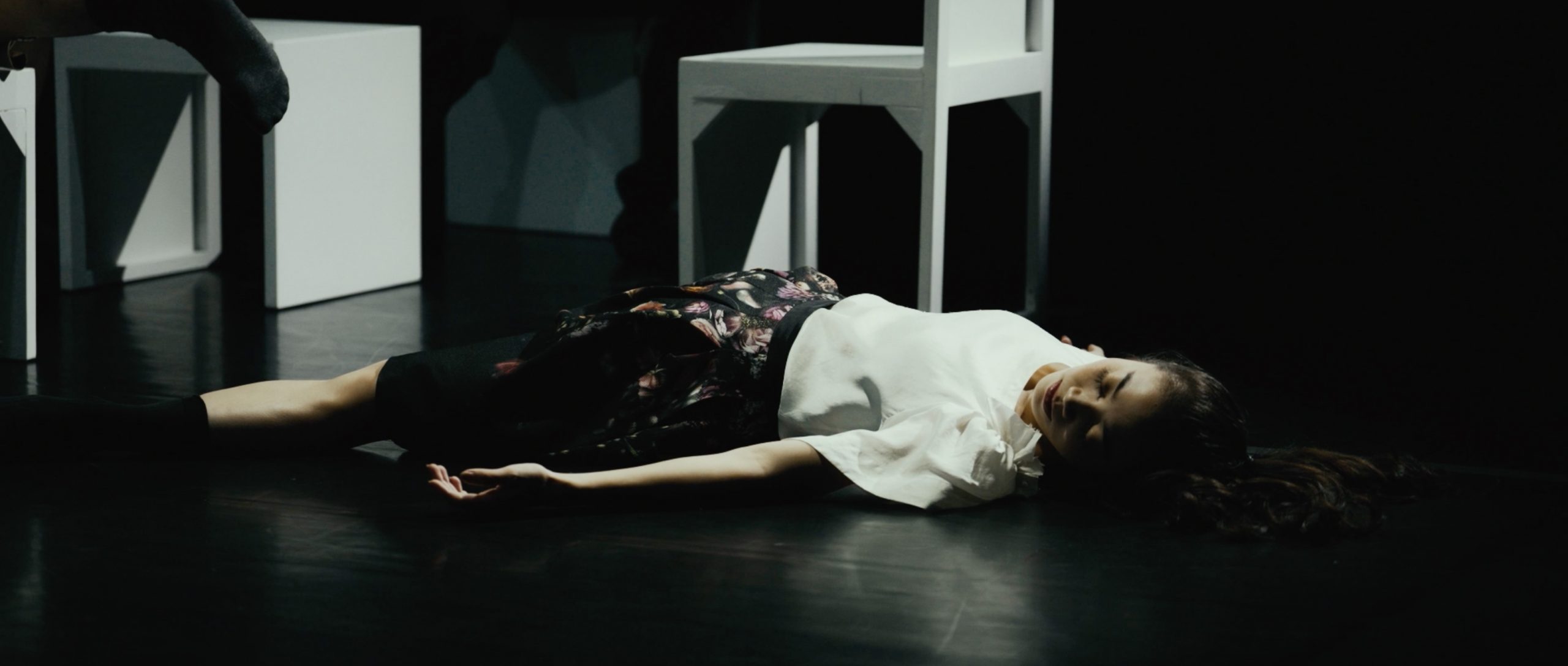
Capturing the unseen
To Chung, who grew up alongside an orchestra and plays several instruments herself, registering anything music-related has become second nature. She muses: "Since I'm not trained in theatre, I'm relatively free to do my own thing without getting trapped by preset boundaries, and I'm able to maintain an inquisitive mind while shooting." She went on to do exactly just that—uncovering small details that would otherwise pass unnoticed in a live theatre setting, especially the unsung heroes hidden in the orchestra pit. "I like to think about the chemistry between the narrative, and the visual and musical elements. In the opera, Xiao Hong has had her throat cut open due to a misdiagnosis, a scene that the composer expresses through text painting: a shrill squeak produced by crotales and a vibraphone stroked by a double bass bow. I literally had goosebumps all over me! This is the power of the camera—to visualise the angst and dread experienced by the character, and to capture things that the naked eye cannot," Chung says.
This is perhaps why Yang's philosophy clicks so well with Chung, with the two sharing an appreciation of little things such as self-restraint. "When Yuntao told us, 'Sometimes you can be seen only if you concede', he means that we need to respect one another's roles and positions without intruding on others' boundaries. Dancers dance. Singers sing. That's it—and voilà, everything falls into place," she explains.
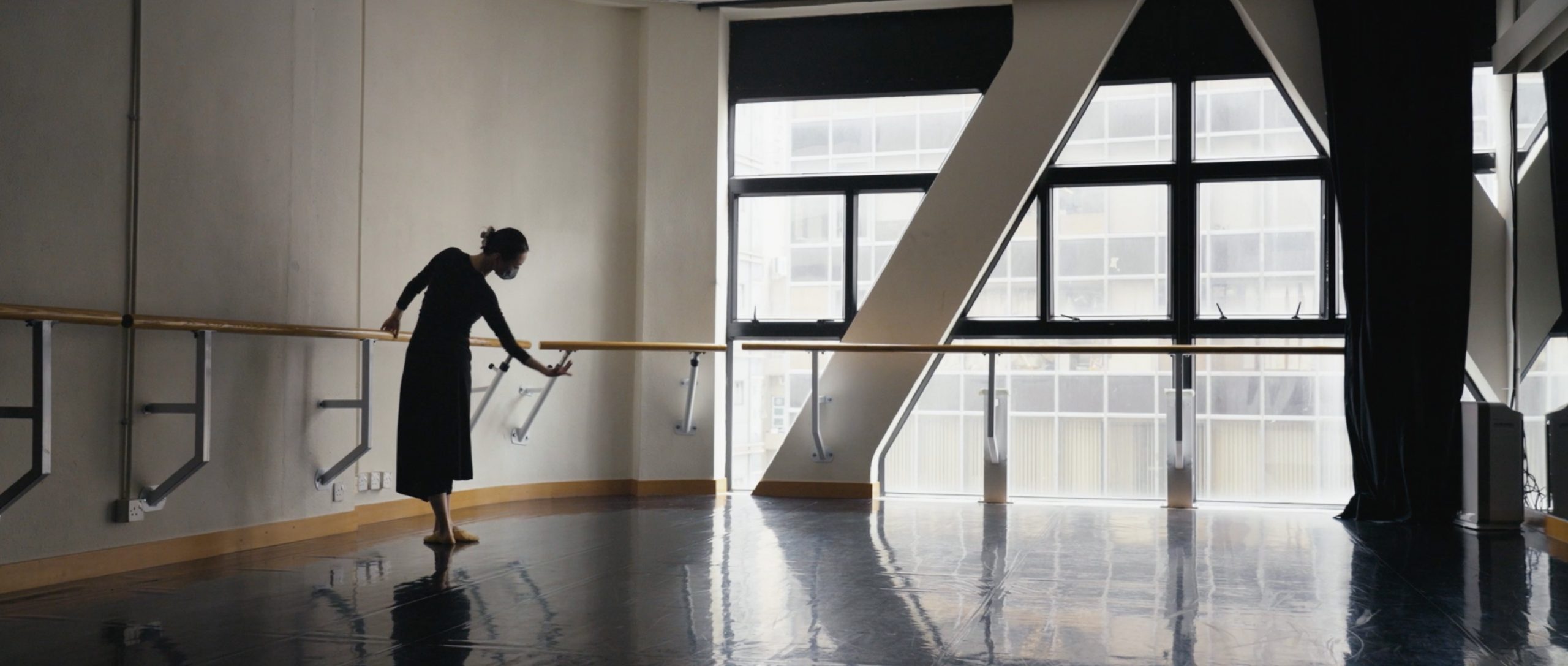
A journey of healing and reconciliation
Just as involvement in the arts often does, making the documentary served as a healing process for Chung—much like the thangka paintings she loves. And unlike many people, she sees something beyond the short life of Xiao Hong. "Xiao Hong died when she was only 31, and most people would think of her life as a tragedy. But her words show otherwise—a defiant spirit and love of life shine through in, ironically, her brilliant depiction of death," Chung says.
Similarly, Chung's work is permeated by a constant reflection on death, though not necessarily in a tragic sense. The shooting of the film coincided with a dramatic event in Chung's private life, with a close friend experiencing a tragic loss. This led Chung to rethink the meaning of her work. "We are weighed down by our past and various emotions like regret and trauma, and this is because there's too much noise in our heads," she says. "Through this film, and through the 'voices' of these dancers and singers, I want to help the audience find their own voice amid this noise, and to reconcile with their past selves."
Rather than simply preaching positive thinking, Chung hopes the documentary provides companionship and a source of strength that helps viewers face up to their past and live in the present.
Jockey Club Local Creative Talents Series
Like Them, Like Us – the making of dance opera Love Streams
Available from 10 December 2022 (Sat) 10:00am
Detail: https://go.hkaf.org/jL00Lh
